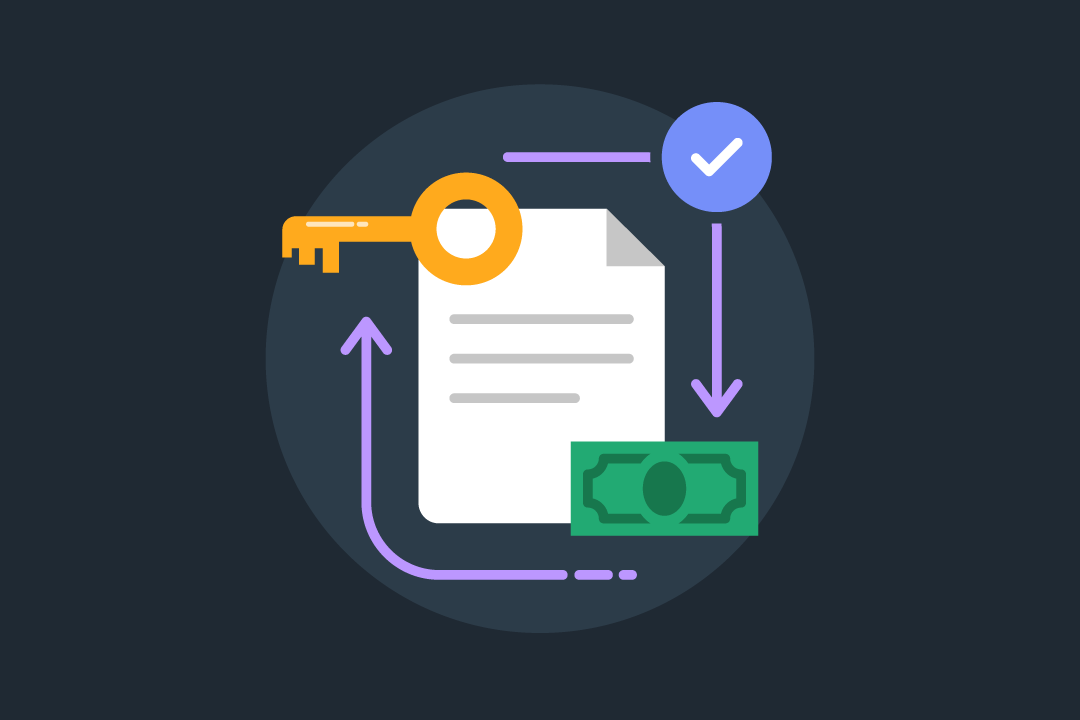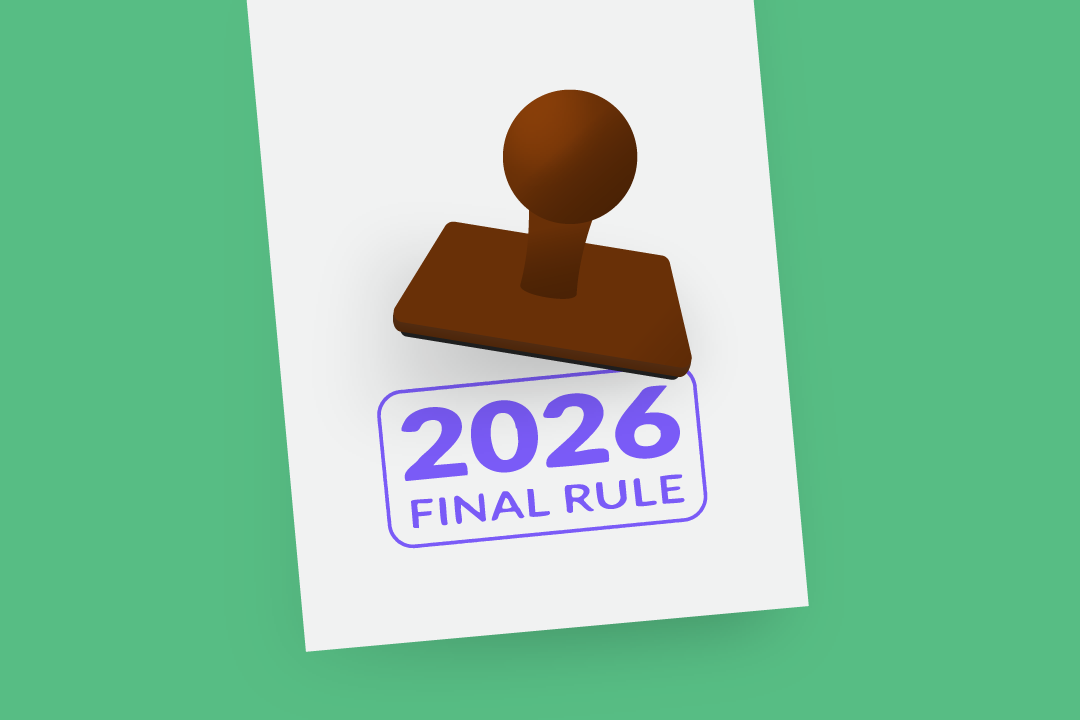The Rehab Therapy Buyer's Guide: 8 Retail Must-Haves for 2023
The new year is a great time to start or revamp a retail program. This list has the best products to get you off to a hot start.

Subscribe
Get the latest news and tips directly in your inbox by subscribing to our monthly newsletter
A new year means new resolutions. As such, there’s no better place for people to jumpstart their health goals or kick their persistent injury to the curb than a rehab therapy clinic. Incidentally, many rehab clinics may also be looking for ways to diversify their revenue streams while helping folks make strides toward their treatment goals outside of the clinic—which is why retail programs are on the rise in outpatient rehab facilities.
But, what should you stock your shelves with next year? We’ve partnered with Eric Fernandez, Director of PT and Chiropractic Sales at Hyperice, to help us identify the must-have retail items for the next year.
The hottest retail items in 2023.
Before diving in, I should note that not every item listed will be a fit for your practice. Like any other business decision, you must keep your patients’ needs top of mind when purchasing retail items. As Fernandez put it in this blog post, “stick with items that fit.” Alright, I digress—onto the list!
1. Percussive Massage Tools
Percussive massagers remain top dog in the minds of most patients as useful therapeutic at-home devices. Hypervolt’s percussive massage line allows patients to take a hands-on approach to reducing muscle tension and increasing blood flow to areas of discomfort or soreness after a workout. It’s also worth noting that these can be used as an adjunct to patients’ HEP and recovery. As technology continues to advance, these tools have become sleeker and more portable, making it all the easier for patients to take their recovery on the go.
This market has seen a lot of new players enter, which has created a wide range of competitive options like the Theragun or Mebak massage gun. Prices for percussive massage tools range from $99 to $399.
2. Self-Massage Products
When dealing in musculoskeletal rehab, there may note be a more tangible or prevalent descriptor of pain than the infamous muscle knot. And while there are thousands of opinions on what a knot is or isn’t, and how best to treat it, the utility of self-massage tools to target these issues can’t be denied. The popularity of the tools has grown immensely over the years, and many patients seek to add one or two of these devices to their home recovery and wellness routines for simple solutions to a tight, aching muscle.
Self-massage retail products range from a lacrosse ball or trigger point release ball ($3 to $18 respectively) to more feature-rich items like the Hypersphere Go or the Ashley Black Fasciablaster ($99 apiece).
3. Compression Therapy Tools
It is near impossible to walk into a rehab clinic that has a dedicated sports medicine and/or recovery focus and not see a set of compression therapy sleeves hanging on the wall next to a reclining chair. The Normatec compression therapy devices, for example, offer clinics an opportunity to bill insurance through edema management (code 97016) as well as an adjunct recovery service. Therabody and Reathlete also make compression therapy devices used in the rehab world.
Of course, there are less cumbersome and more convenient options to choose from that target specific parts of the body while delivering unrivaled compression technology. This particular one is calf-specific, which is especially great for aiding in the recovery of athletic patients.
Prices in this category do tend to be higher, ranging from $399 to just over $1,000.
4. Thermal Recovery Tools and Rubs
Gone are the days of throwing the hot pack in the microwave and slapping it on your shoulder for 10 to 15 minutes. Retail products have delved into thermal therapies, completely revolutionizing an otherwise stagnant therapeutic tool. These products combine heat and vibration to target localized areas of soreness virtually anywhere on the body in a way that’s safe for at-home use. According to Fernandez, they can’t keep their Venom thermal recovery line—particularly their versatile Venom Go—on the shelves. “We’ve already had some great feedback from our clinical partners who started retailing this product,” Fernandez stated. They’ll often buy just a couple to try it out, and then within days of receiving it, [they’ll] order a bunch for patients.” The Venom line retails for $149 to $249.
Simple thermal rubs like Biofreeze or Stopain Clinical are also nice-to-haves, especially for patients who need short-term relief for their aching muscles but might not be prepared to drop a significant sum of money. These products vary in size and mode of application with prices ranging from $4 to $30.
5. Flash Reflex Training Systems
Wearable technology has been around for a while. And while becoming a licensed Apple retailer in order to sell smart watches to patients is probably a little over the top, there are other devices available to help patients train at home just as professional athletes do.
Enter the Blazepod system, a revolutionary training tool for various athletic training and rehabilitation programs that syncs with a smartphone. Athletes undergoing rehab therapy have raved about using this system for its:
- agility exercises that support post-ACL reconstruction rehab,
- timing drills that accelerate the healthy return to a sport, and
- circuit training feature that helps intensify workouts.
The Blazepod kit starts at $239. Other iterations of flash reflex training devices exist as well, starting at $329.
6. Exercise Equipment Championed by CrossFit
The first rule of CrossFit is to never stop talking about CrossFit, so if you offer these services or cater to this clientele, these products will practically sell themselves, right? Okay, aside from poking a little fun at these fitness buffs, the brands CrossFit gyms utilize have a lot of staying power and, of course, a huge following. Products like the TheraBand’s high resistance bands (ranging from $24 to $80) or Rogue Fitness’s ab mats (starting at $33) would not only be a great fit for this niche patient population, but would also open the door for any patients looking to tap some of that exercise ingenuity. (Keep in mind that there are other options out there for both resistance bands and ab mats.)
Along this same vein, suspension trainers like the TRX systems now offer convenient, over-the-door options so patients can maximize their training without having to worry about how to safely mount these in their homes beforehand. Pricing for suspension trainers range from $99 to $295.
7. Flexibility Aides
Stretching is often akin to dental flossing for many patients. They know they should do it every day, but they don’t—and often sugarcoat the truth when asked if they do. Luckily simple products that retail well with patients, like the Stretch Out Strap or TheraBand Stretch Strap, can encourage them to check those stretching exercises off their to-do list. These products start as low as $10.
Does your clinic serve yoga enthusiasts or have a designated go-to therapist for yoga? If so, offering a few yoga accessories in your retail program might be a good idea. Product lines like Gaiam or Sunshine Yoga offer wholesale options for rehab clinics to quickly level up their retail programs.
8. Foam Rollers
Most of the retail products listed so far have provided some new fancy widget or add-on from their original iteration. But, if there is one product that is purest in its original form, it would be the foam roll. Whether a patient needs it to perform self-joint mobilizations, postural stretches, balance exercises, or loosen up their IT bands, the basic foam roller can do it all—and remains a highly favored purchase among patients. For slightly boosted versions, the TriggerPoint GRID foam roller or the Gaiam Restore Muscle Massage Therapy roller have a slightly higher price point coming in at $20 to $35.
Even though a basic foam roller may not require any updating, there are certainly a few products that have made a good attempt at sprucing up this humble hunk of foam. For example, Hyperice’s Vyper series offers a portable or full-size version with added vibration. This line retails from $149 to $199. Therabody also has their take on vibration enhanced foam rollers with the Wave Duo, retailing at $99.
Take retail products to the next level with a service component.
Offering a retail program that aligns with your clinic’s target population can easily give rise to another alternative revenue stream: retail services. Any good PT will tell you that the road to recovery is not over at discharge, nor will the best athletes claim that they simply show up and excel at whatever sport they play. Achieving peak health and wellness is a lifelong journey, and one that rehab therapy clinics are uniquely positioned to help folks achieve. Plus, there’s more interest in this not-so-niche space today than ever before, with the wellness industry boasting a market valued at $1.5 trillion and the sports medicine market on a trajectory to reach $11.8 billion by 2030.
So, how can clinic owners get in on this action? Well, one way is to maximize the use of the retail products listed above. Fernandez recommends utilizing them to create wellness and recovery subscription packages within your clinic, which has proven to be a great experiential motivator for patients. They can come in, use these products as per the rules of their subscription, and might eventually find they’d like to purchase one or two of them for at-home use.
Some examples of successful wellness and recovery services include:
- Percussive massage tool rentals and subscriptions
- Normatec compression therapy subscriptions and chairs
- Thermal modality subscriptions
- Pre- and post-event taping
- AlterG subscriptions
- Concierge services
Looking for a template of how rehab therapy clinics can spin their retail products and services into separate, self-sustaining revenue drivers? Rehab 2 Perform and the Chicago Recovery Room give great examples of recovery services—both all-in-one options and individual subscriptions (depending on your patients’ preferences). More recently, Rehab 2 Perform has expanded its brick-and-mortar locations to include a mobile recovery trailer that can bring these recovery services to the people at events and festivals. Fernandez noted that this new venture has allowed Rehab 2 Perform to garner an incredible amount of new patients in addition to driving retail sales off-site, too.
There you have it. The best and brightest retail products and services to jumpstart any retail program or launch a new one with unbridled success—all while supporting your clinic’s revenue diversification and continued growth. Plus, it’s never been easier to stock up on almost all of these items listed here via the WebPT Marketplace—your one-stop shop for all rehab products (at a discounted price, no less). Simply create and account and get to saving!
Do you have a product that sells well in your clinic, or a success story to share about your retail program? Drop us a line in the comments section below.





